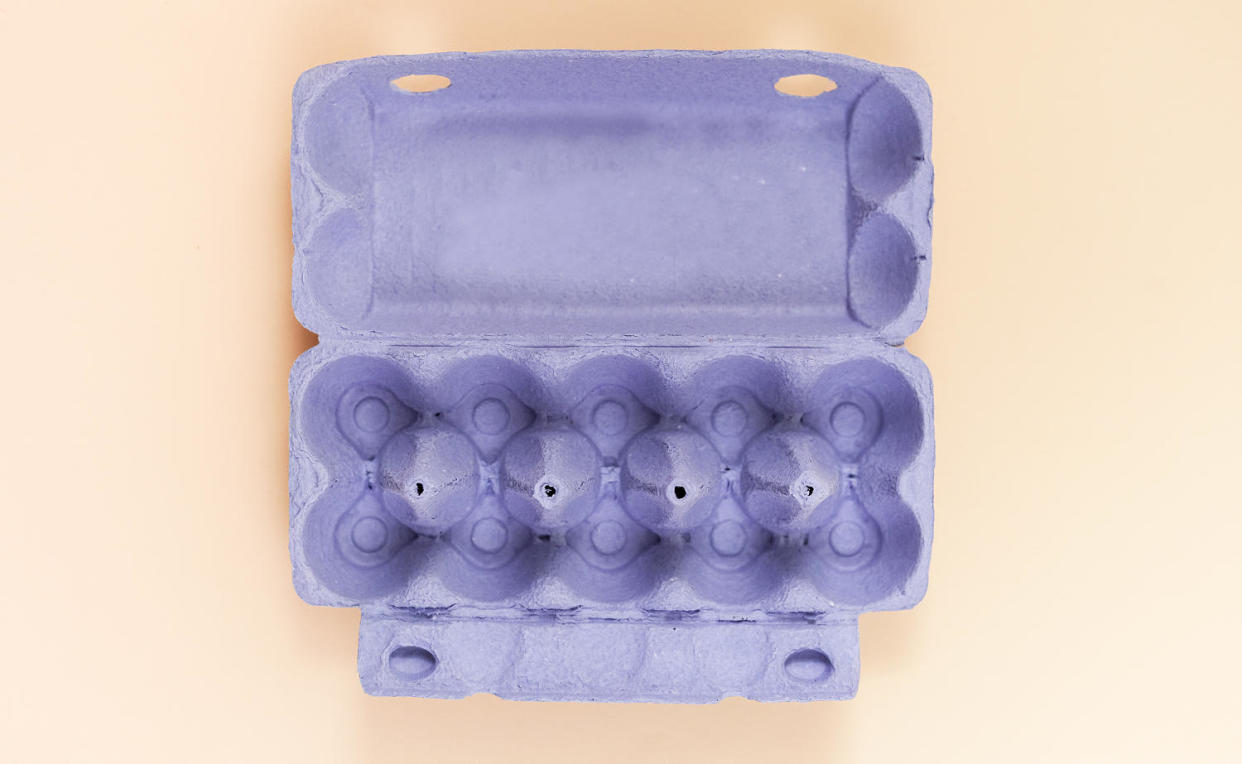5 egg substitutes for cooking and baking that are, well, eggcellent

Whether you’re vegan, allergic or you just ran out of eggs, there are plenty of reasons why you might look to replace this natural binder in a recipe.
What makes the ingredient perfect for holding others together are the proteins found within, and how they behave when heated or exposed to acid, according to the American Egg Board. That means when you use an egg wash to stick seeds or sugar to the top of a pastry, or mix an egg into your meatballs, it’s the molecular structure that’s getting put to work.
This reaction can be pretty essential, depending on what you’re making. So for when you find yourself in a pinch (like, you just realized you only have one egg but your recipe calls for three) or you’re practicing plant-based cooking, we turned to James Beard Award semifinalist Shenarri Freeman for advice.
Freeman is the executive chef at two plant-based restaurants, Cadence (New York City) and Ubuntu (Los Angeles), so she knows a thing or two about working without the age-old go-to.
Flaxseed gel
“Flaxseed is one of the most popular replacements for eggs,” Freeman tells TODAY.com.
If you’re going this route and want to incorporate the seed into your recipe, the chef says one tablespoon of ground flaxseeds combined with three tablespoons of water will be equivalent to using one egg. She calls this replacement “ideal for baking.”
While it’s a great binding agent, Freeman says flaxseed gel can lack moisture and emulsification, so depending on the application, she might opt for something else instead.
Aquafaba
Chickpea water (aka aquafaba or the leftover liquid you get from cooking chickpeas) is one of Freeman’s favorite replacements as it not only acts as a binder, but also as an emulsifier.
“I typically whisk 1/4 cup (as a replacement for one egg) until foamed and will add to recipes depending on what I’m making,” she says. “If you add xanthan gum, it will create a nice cream base.”
You can whip aquafaba to make a vegan meringue, too, adding it to soufflés or as a replacement for the egg whites in a whiskey sour.
Arrowroot and kudzu
These starches can make perfect thickeners when dissolved in water. Freeman recommends combining two tablespoons of either powder with three tablespoons of water to replace one egg.
Both arrowroot and kudzu would successfully bind and emulsify in your recipe, she says. It’s great for giving baked goods a lighter texture (cakes, cookies, breads and more) and recommends using it in clafoutis, semifreddo or cobbler.
“My favorite thing about these options,” Freeman adds, “is that it won’t alter the taste as much as fruit, bean or vegetable purees.”
Fruit and bean puree
An essential function of eggs when used for baking in particular is that they provide moisture. So, to prevent your baked goods from drying out, you can employ different types of puree.
Freeman suggests applesauce, other fruit (bananas and soaked and dried cranberries) or black beans, and says roughly 1/4 cup will equate to one egg when it comes to baking. They will add lots of moisture while also holding the flour, spices and any mix-ins together for goodies like muffins or loaf cakes.
“It’s important to consider flavor profile when incorporating these items,” she warns, adding that some purees may overpower the intended taste or flavor of your dish.
In fact, the chef advises home cooks always be intentional about which egg substitute you reach for since her suggestions have varying benefits.
“I would certainly recommend reading out recipes in full before deciding which egg replacement is the best fit,” she said. Skipping out on eggs doesn’t have to tank your whole recipe, so make sure you’re choosing wisely.
This article was originally published on TODAY.com




